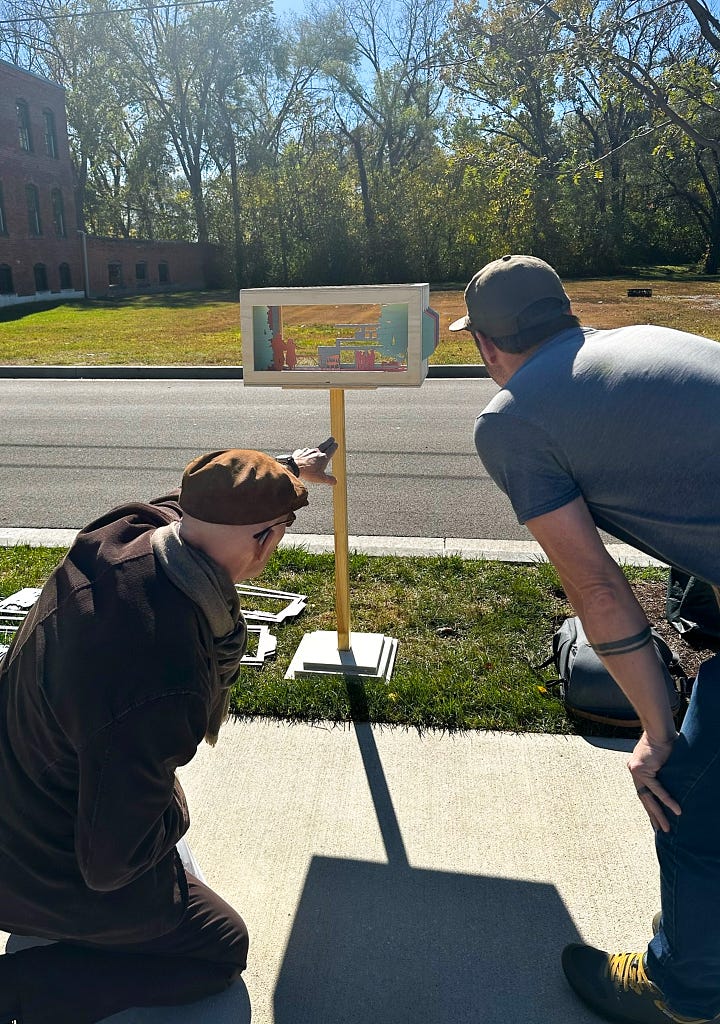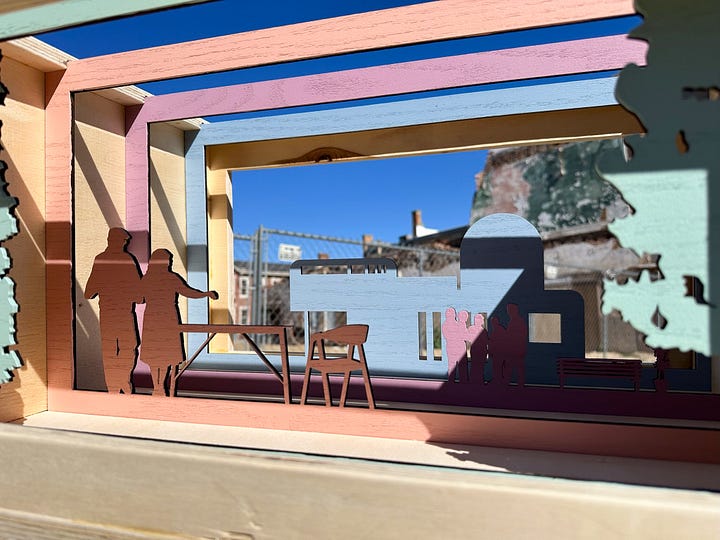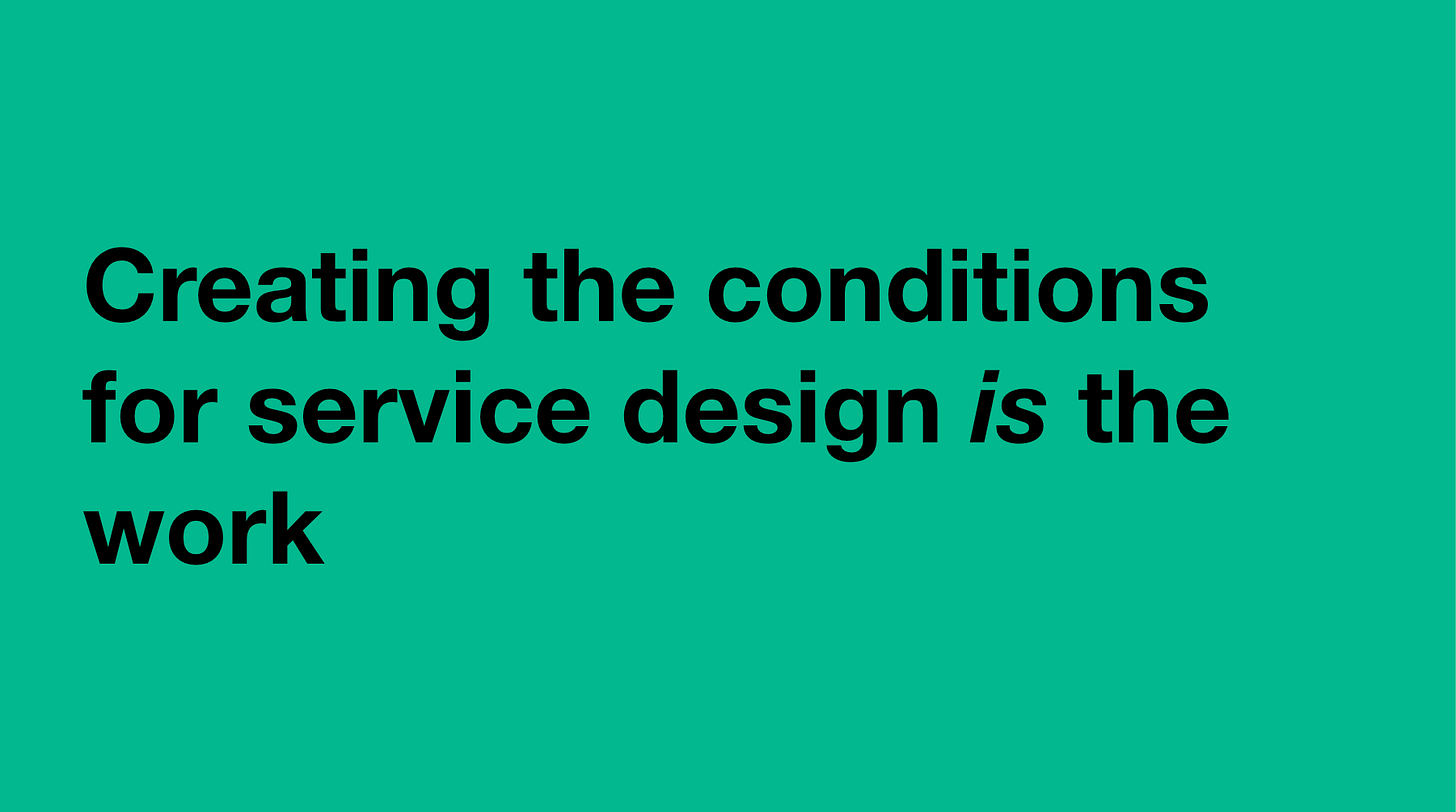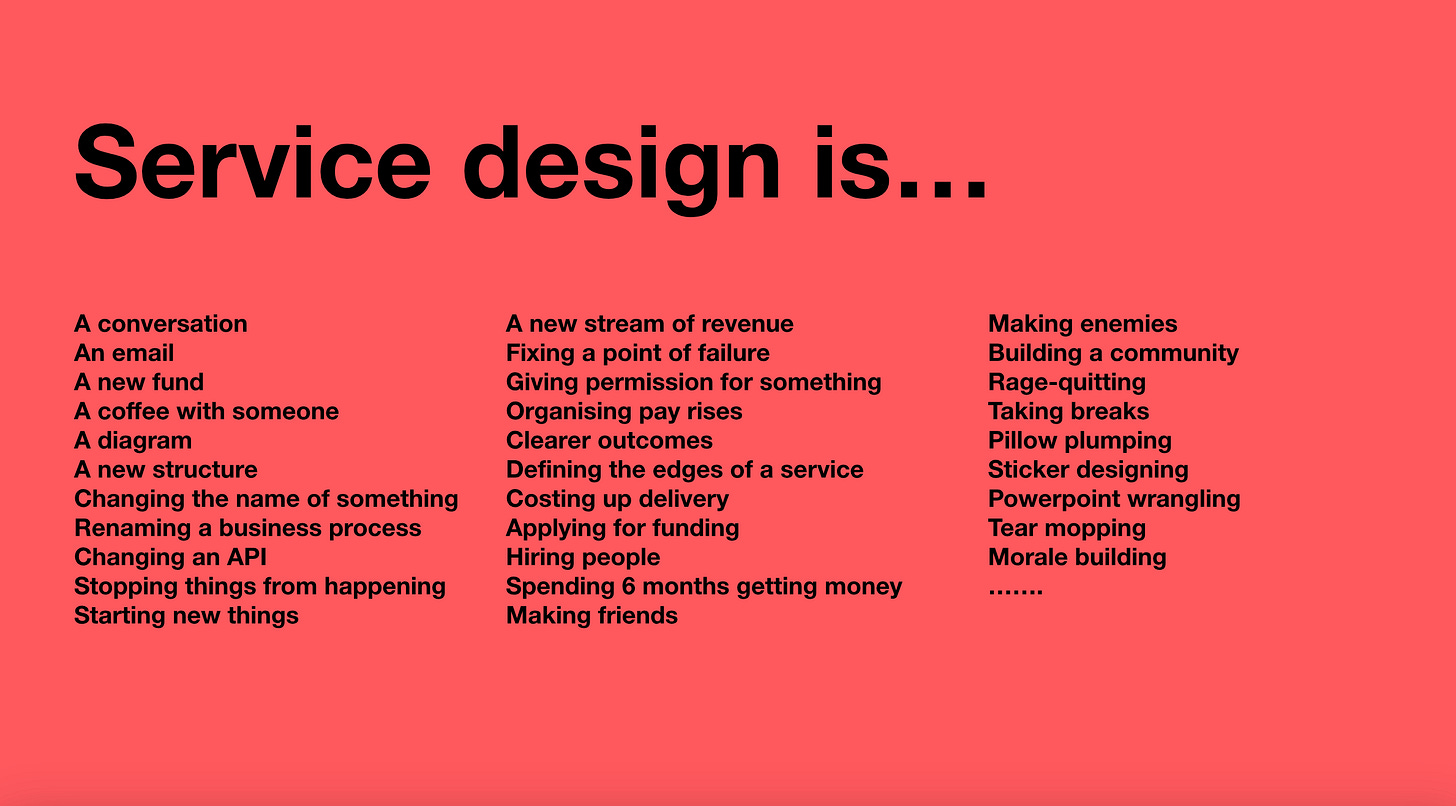The PPS Dispatch_001
Welcome to a semi-regular dispatch of interesting signals from our desk to yours.
Every day, we come across stories of people and places that inspire us.
The PPS Dispatch is our way to capture, share, and amplify some of the incredible things happening within different communities. These signals resonate with us and inform our work, which is focused on moving towards more resilient systems, communities, places, and services.
1. Resilient Systems
In gardening, it’s important to create and nurture the right environment for things to thrive. The same is true with systems. What happens when we focus on exploring constraints and experimenting through interventions?
How do we make the energy cost of virtue lower than that of sin?
Dave Snowden talks about increasing the energy cost of sin and decreasing the energy cost of virtue, especially in complex contexts. This resonates with the way we think about creating environments for shared learning and co-creation to happen, rather than focusing on activities, levers, or even outcomes.
“It’s a lot easier to achieve change if the system is pre disposed to change. All of evolution tends to energy minimisation; if the energy cost of virtue is lower than that of sin, then virtue is more likely.” - Dave Snowden (The Cynefin Co)
“In a complicated context, at least one right answer exists. In a complex context, however, right answers can’t be ferreted out. It’s like the difference between, say, a Ferrari and the Brazilian rainforest. Ferraris are complicated machines, but an expert mechanic can take one apart and reassemble it without changing a thing. The car is static, and the whole is the sum of its parts. The rainforest, on the other hand, is in constant flux—a species becomes extinct, weather patterns change, an agricultural project reroutes a water source—and the whole is far more than the sum of its parts. This is the realm of “unknown unknowns,” and it is the domain to which much of contemporary business has shifted.” From More in Complex Contexts: The Domain of Emergence
2. Resilient Places
Social infrastructure, third spaces, and social community hubs can help counter the growing trends around loneliness. Last year, we experimented with the potential portals as a way to spark collective imagination around what our city could be. And to imagine new places for gathering and coming together.
What will be “the commons” for the new generations? Where do we gather, connect, and imagine together?
We like this perspective on the growing popularity of the library as a social community hub - a third place—especially for Gen Z and millennials.
Libraries have never been just about books. These are community hubs, places to connect and discover. For an extremely online generation that’s nearly synonymous with the so-called 'loneliness epidemic', libraries are increasingly social spaces, too."For Gen Z, the library has become more than just a place to study or read; it is a great locale to meet new friends, show off stylish outfits, or create digital content that falls into the popular "library aesthetic.” A November report from the American Library Association (ALA) found that Gen Z and millennials are using public libraries, both in person and digitally, at higher rates than older generations.
Potential portals as one way to experiment with ways to spark collective imagination:


3. Resilient Communities
In our work, we leverage tools, tactics, and mindsets from co-design, co-creation, participatory research, and community engagement. Though the language and terms used may vary, all are focused on doing things with people, not to or for people.
What are ways we can mitigate the barriers to intentional and inclusive co-creation and community engagement?
How can we be truly inclusive and co-create with everyone when there are many barriers to participation and engagement? One might be that many of us simply don’t have the time or bandwidth to contribute in these ways.
This article by the Together Institute shares some useful provocations.
When I look at myself and at the people around me, it seems like everyone has too much going on and is maxed out. The non-stop hustle of late-stage capitalism is real. In a time of poly crisis, everything feels urgent. All the time.
Many of us are part of many different communities. We are poly tribal. We see the potential of groups, so we join many of them. But because we have little bandwidth to begin with, we can only give little to each group. We are over committed. And as a community weaver it can at times feel like I’m competing for people’s attention.
Yet deep community needs a lot of time. Everyone wants to co-create, but co-creation takes a lot of time. These days everyone is excited to co-create. To decentralize. And I am too. But what we forget is that to co-create means that many more people put in more time. It assumes that people have bandwidth to invest more time. The reality of that is often sobering, because everyone is stretched thin.
4. Resilient Services
Just like in systems work, in service design, creating the right environment for intentional service design and delivery is the work.
How might we recognize, incentivize, and support the work of creating the right conditions in which good service design can happen?
We learn a lot from Lou Downe’s work at the School of Good Services. Last year, Lou gave an incredible talk on Bad Services, it is available here. Some standout quotes include:


P.P.S. Some post postscript observations
Some words for inspiration…
“Movements are born of critical connections rather than critical mass.”
- Grace Lee Boggs
And a reminder that wicked collaboration is the way forward…or through, or over… ;)
Thanks for coming along!
Lena with Process/Practice Studio




